
記者/譯者
Cold winter days in South Korea, and America in the refrigerator of the U.S. military
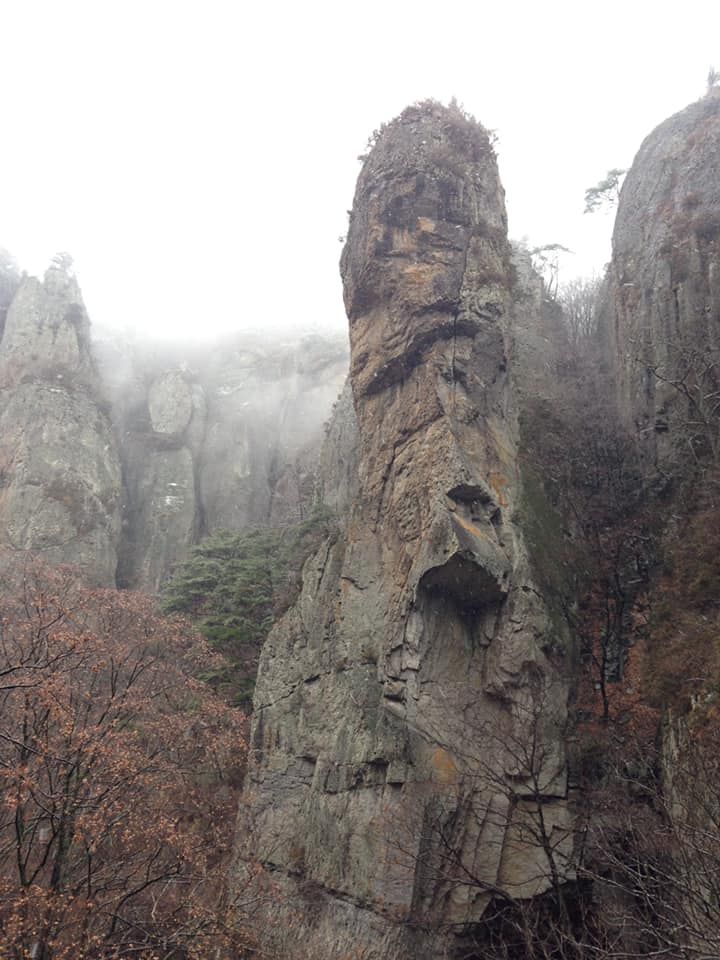
When I just quit my job in 2013 and didn't know what to do, I went to Korea for a while.
The plan at that time was to start from Pohang in southeastern South Korea and take a boat to Ulleungdo (or even Dokdo). I didn’t expect that Ulleungdo was like Dongyin in Taiwan. The boats were often suspended due to excessive wind and waves. I waited in Pohang. I couldn’t get on the boat for two days, and finally I had to go north to see temples and buy ginseng in the countryside of Gyeongsangbuk-do (in the country where the ginseng is grown for six years, three ginseng are sold for only 10,000 won…
After reading Kim Ki-deok's "Spring Goes and Spring Comes Again" in college, he has always been interested in Korean Buddhist temples - Chun Doo-hwan, who ordered the suppression of the "Gwangju Incident", also went to a Buddhist temple to become a monk after leaving the Blue House; Very popular in Korea, Buddhist temples seem to be a more reclusive existence.
Although it's really cold to the north, the winter in Korea is really my favorite season. The sturdy Korea seems to be restrained in the cold winter, and the hot miso soup suddenly becomes just right. And very quiet.
Especially in those monasteries deep in the mountains. You can almost hear the snow falling to the ground.
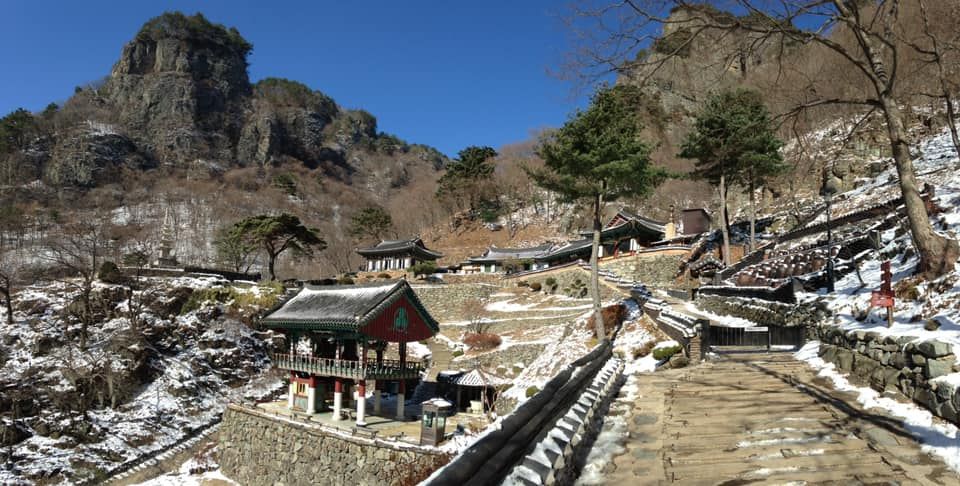
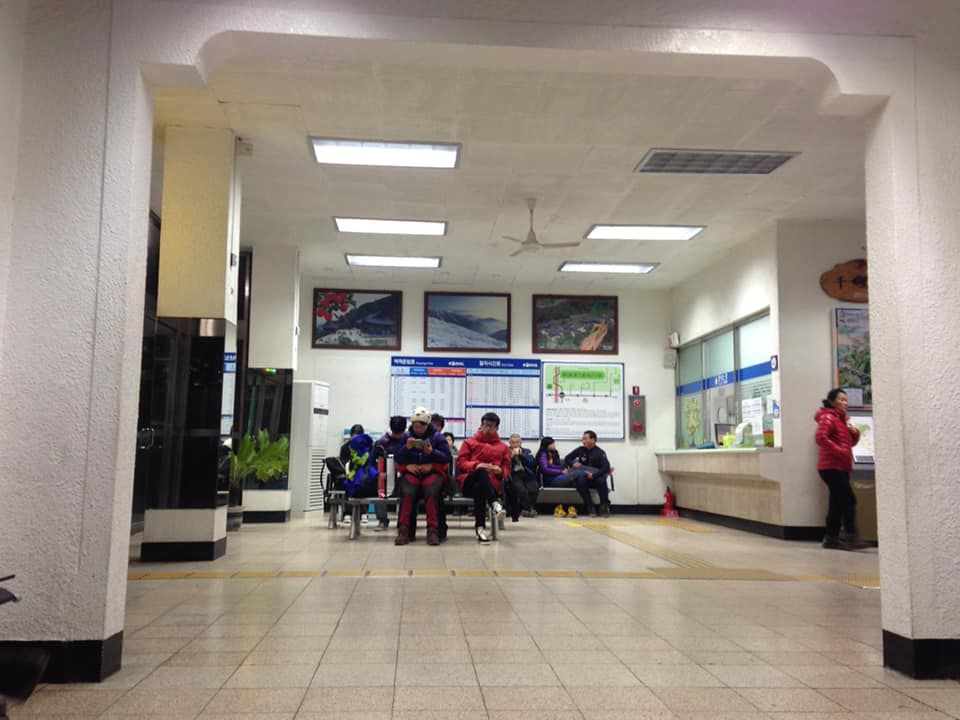
At that time, I didn’t have much money, and I wasn’t used to hitchhiking, so I took the cheapest intercity bus and the “Infinite Flower” (probably equivalent to the Juguang of the Taiwan Railway) to move around.
In the evening, I spent the night in a steaming curtain of 7,000 won per night, and I also slept at the train station for one night (it was really cold to the north by the wood); in South Korea, where sofa surfing was not very popular, the sofa owner who was willing to let me stay overnight There were only three -- and all of them were Americans.
Two of them teach English in Korea, and they are the foreigners you see most often in Korea: English teachers.
The last sofa owner is the most special: he is a sergeant in the US Marine Corps and works at the Yongsan base in Seoul; the US military gave him a housing allowance, allowing him to rent a luxury unit in Itaewon next to the base.
He was the first American soldier I knew in my life.
Since the U.S. military officially left Taiwan in 1979, Taiwan has never seen the U.S. military again—Huang Chunming described in "The Taste of an Apple" that Taiwanese were injured by a U.S. military car, which is impossible today.
(But having said that, although Taiwan has no U.S. troops stationed today, in fact, the U.S. military will still be active in Taiwan, although it is usually under the table. For example, when I was a soldier, I once trained in the infantry school in Fengshan, and once went up the mountain to do field work. During the combat training, there was a US military officer (or non-commissioned officer) at the scene, but I can't remember what he was there for...)
Probably because of this, and because I am full of reverie about the U.S. military's Longshan base (because Longshan base is also an enclave after all), I have been very excited since stepping into his house.
The sergeant showed me his house and told me that everything in the fridge was edible—that he bought from the supermarket at the Longshan base, almost all American. Although he lives in South Korea, his place of work and his daily diet are almost the same as those in the United States; as soon as he opens the refrigerator, the fog comes out, which is the entire United States.
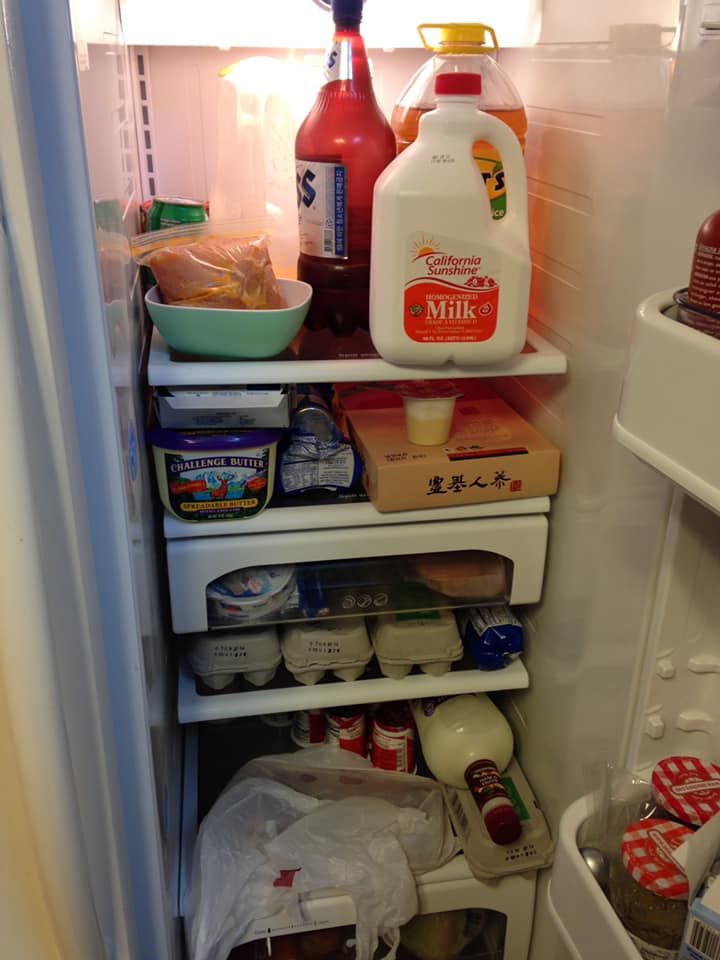
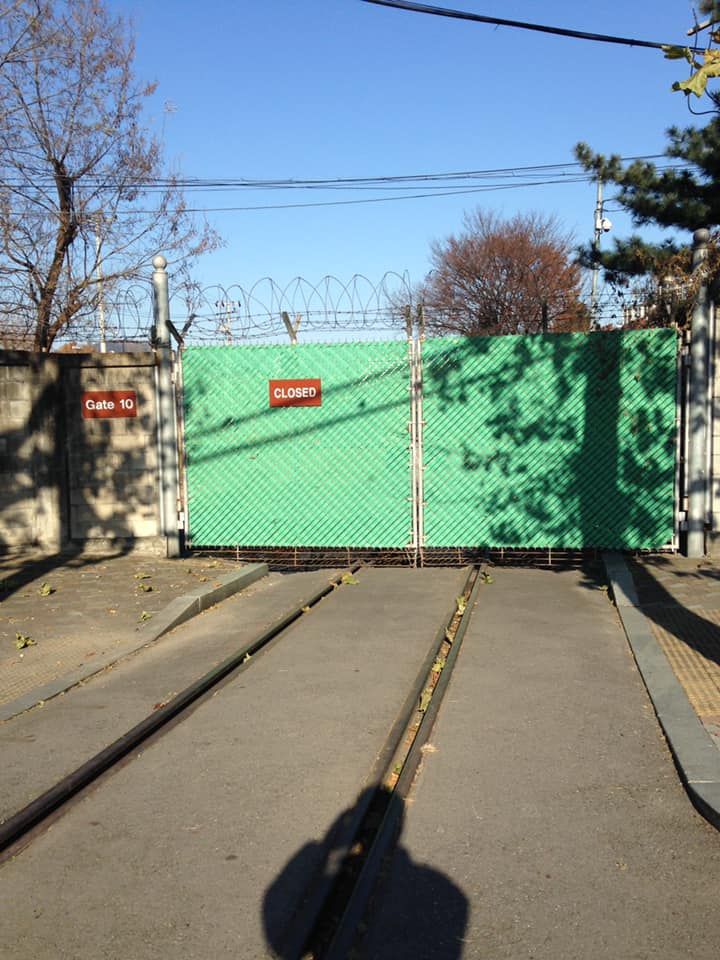
I knew it was impossible, but I still asked him: Can I go to the Longshan base to have a look?
The next afternoon, I walked along the wall of the Longshan base for half a circle, and finally I couldn't move any more, so I took a photo next to the rails leading to the base.
The Yongsan base was preparing to be relocated at the time, and the US military would be handed over to the South Korean government after it moved out; it was the last hinterland of downtown Seoul, and everyone was eagerly waiting.
Although I can't enter the US military base, for me, the US military sergeant's home and his refrigerator are already a few small "enclaves" of the United States in South Korea, which are enough to make me think about it.
Later, because of my work and my dissertation, I would go to Korea four or five times a year almost every year. Just looking back at the photos, I suddenly realized that I really haven’t been to Korea for a long time.
I don't know if the US military sergeant is still in South Korea today. I don't know if ginseng is still so cheap. I don't know when I will be able to see the winter peninsula where it's cold and crying, but I can hear the snow falling to the ground.
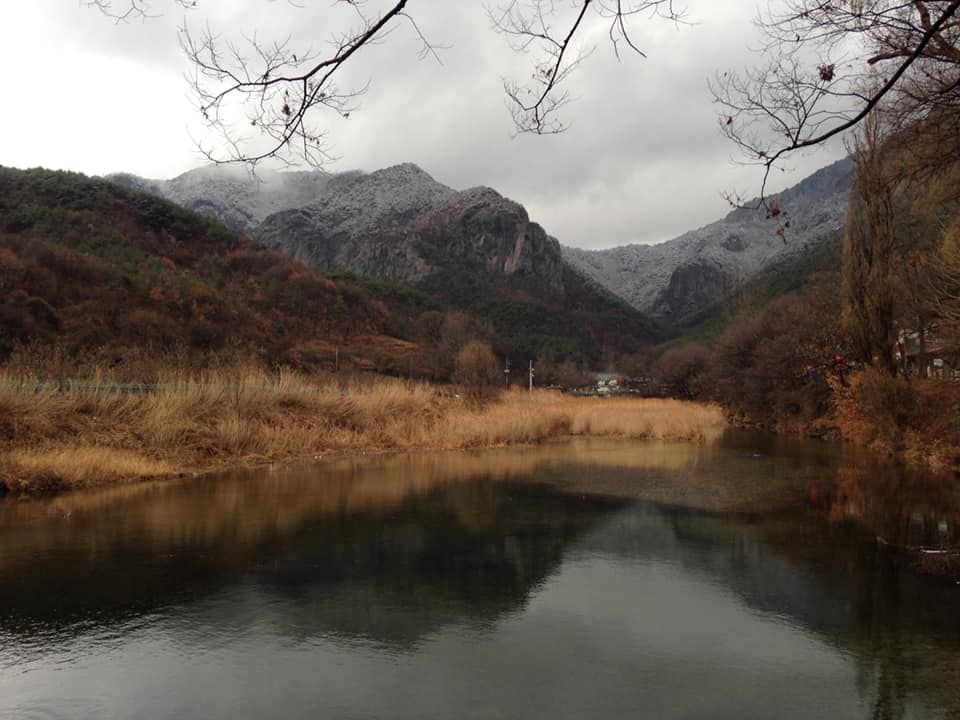
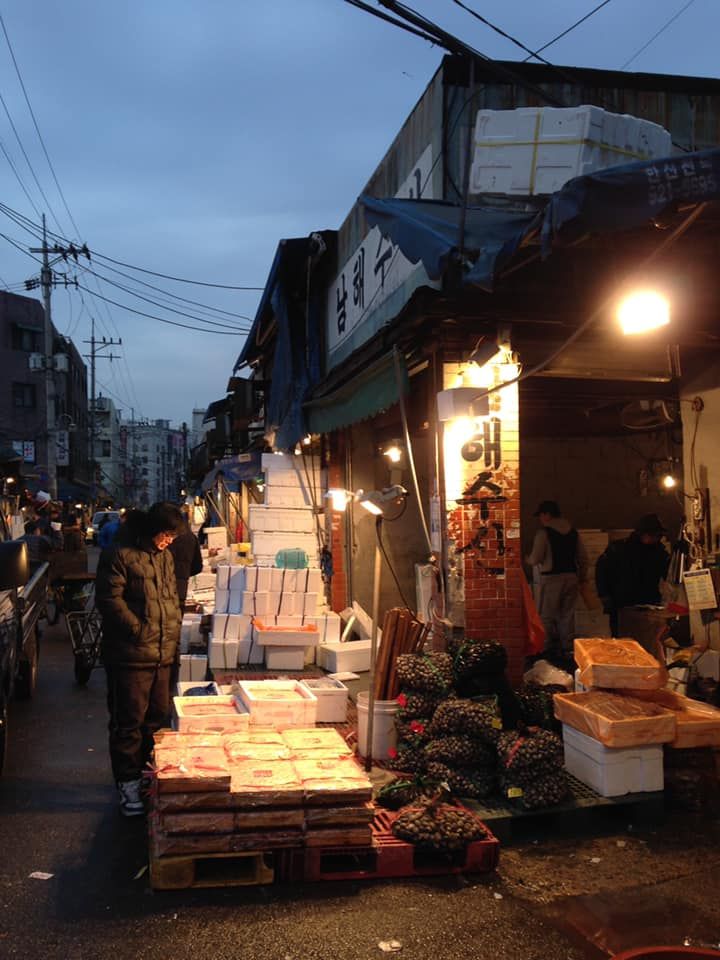
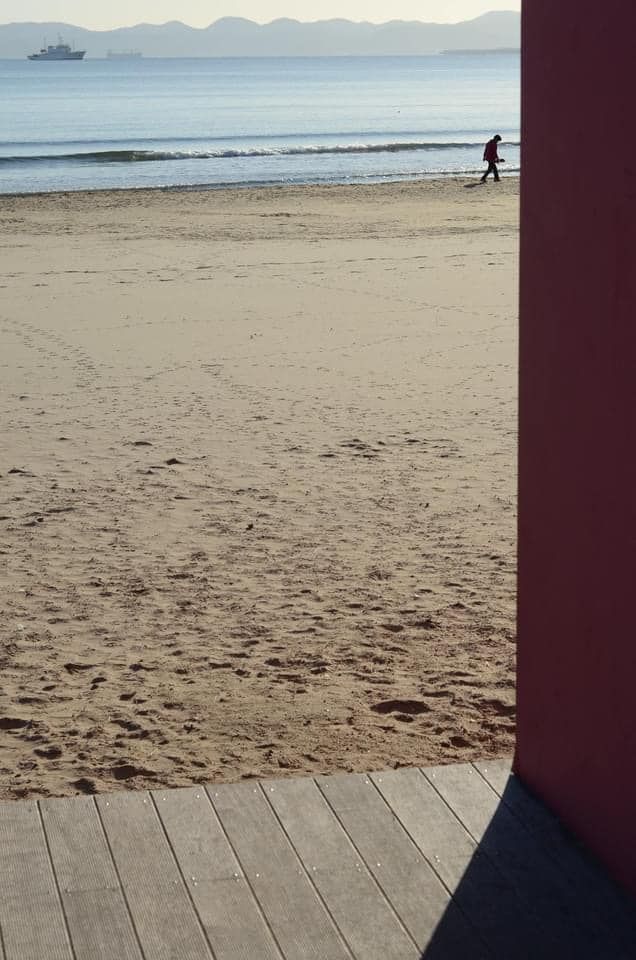
Like my work?
Don't forget to support or like, so I know you are with me..
Comment…